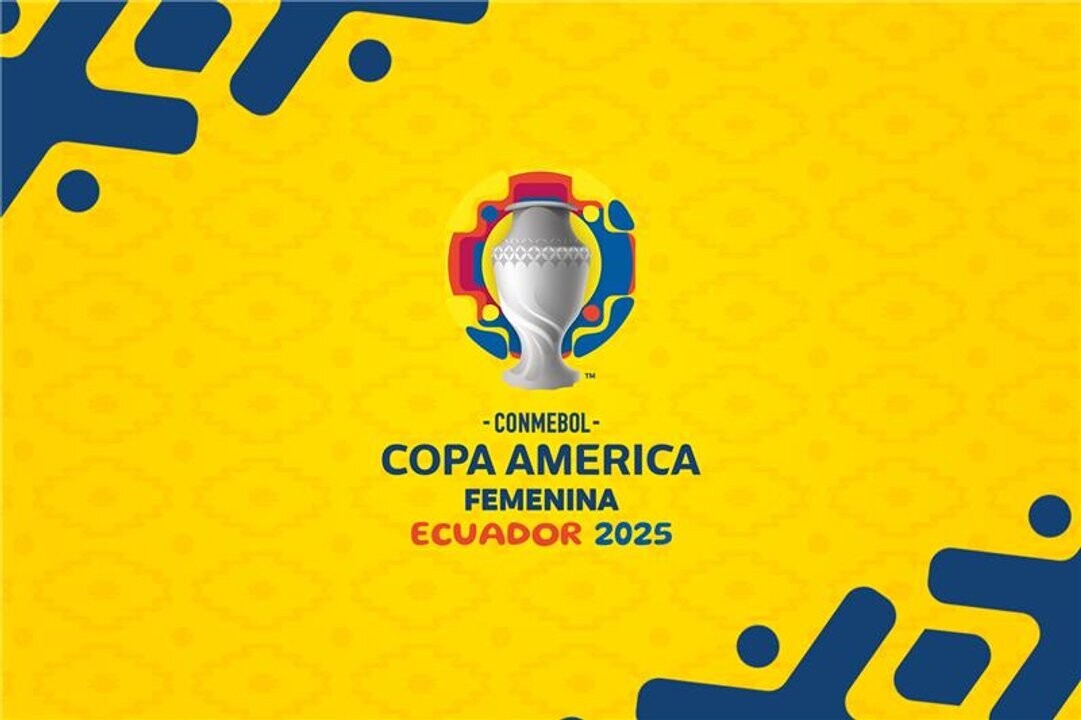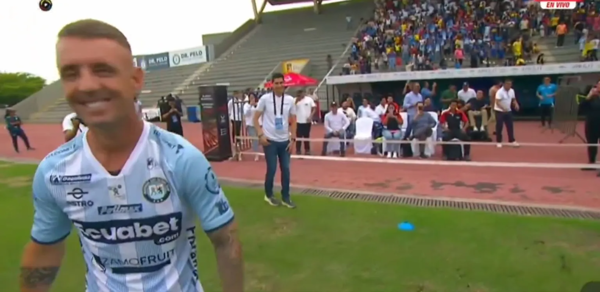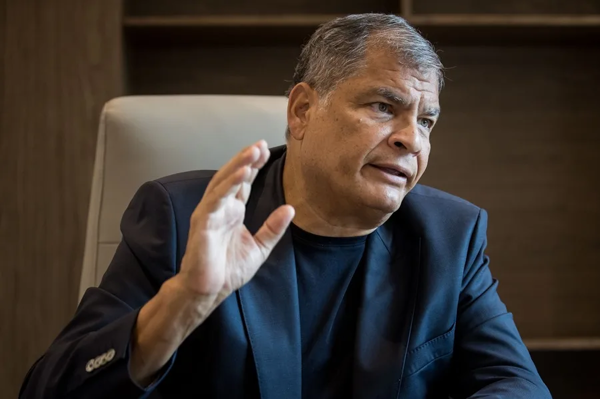
The South American Football Confederation (Conmebol) has presented the official image of the 2025 Women's Copa América, which will take place in Ecuador from July 12 to August 2. This tenth tournament will stand out for its deep tribute to Andean cultural roots and the evolution of women's football in South America. The design is based on the Chakana or Andean cross, an ancestral symbol of the indigenous peoples of the Andes, with stars representing the passion and talent that inspire female footballers.
Ecuador will host the event for the third time, having hosted the tournament in 2010 and 2014. The designation of the country as host took place last year, and it is expected that Quito and other cities will celebrate a festival of South American women's football.
The competition will feature the participation of the 10 South American national teams: Argentina, Bolivia, Brazil, Chile, Colombia, Ecuador, Paraguay, Peru, Uruguay, and Venezuela. It will be played in two groups of five teams, with the top two from each group advancing to the semifinals.
The trophy represents the transformation and resilience of women's football, with a base shaped like a 10-pointed star for each Conmebol member association and is adorned with onyx, symbolizing clarity and courage at crucial moments. In addition to crowning the continental champion, the Women's Copa América will grant spots for events such as the 2027 Women's World Cup, the 2028 Los Angeles Olympic Games, and the Pan American Games.
The confirmed groups are: Group A (Ecuador, Argentina, Paraguay, Peru, and Uruguay) and Group B (Brazil, Colombia, Chile, Bolivia, and Venezuela). According to Conmebol President Alejandro Domínguez, this tournament is an opportunity to showcase the talent and commitment of the players, celebrating both the old and the new in women's football.
This event promises to be a high-level sports spectacle and a cultural milestone, merging football and the identity of peoples in a single competition. The image and trophy incorporate elements of the textiles from Otavalo, a recognized Ecuadorian craft tradition, conveying joy, identity, and diversity of the female players from the continent.














